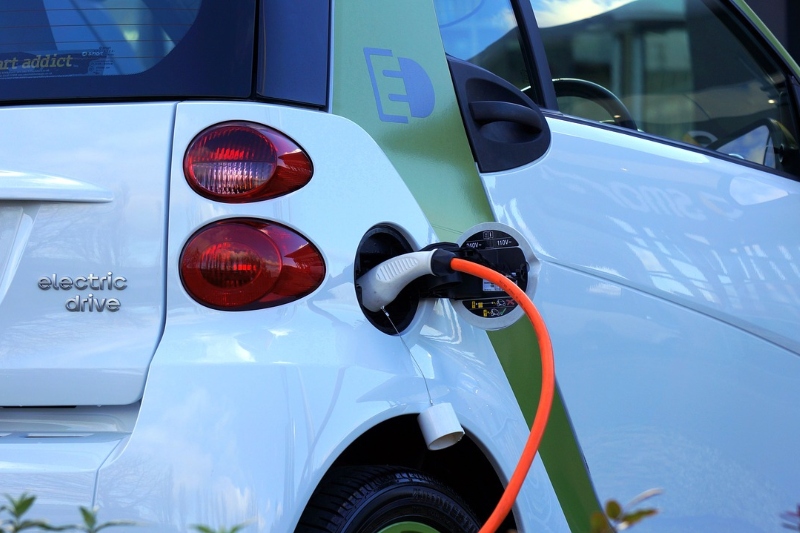Republic Act 11697 or the Electric Vehicle Industry Development Act or EVIDA, which was signed into law by the outgoing President Rodrigo Duterte, is poised to attract immense interest for investments in the emerging Electric Vehicle (EV) industry in the Philippines. The EVIDA aims to provide a regulatory framework and a comprehensive roadmap for the operation of electric vehicles in the country.
The framework covers regulations on “the manufacture, assembly, importation, construction, installation, maintenance, trade and utilization, research and development, and regulation of electric vehicles.” It also provides a brief overview of the tax incentives for manufacturers of EVs and importers of EV parts and components. Aside from EVs themselves, it will also involve standards on EV charging infrastructure.
Some of the notable subjects emphasized in the EVIDA are:
- Creation of a Comprehensive Roadmap for the Electric Vehicle Industry (CREVI), which will serve as a national development plan for the development, commercialization, and utilization of EVs.
- Creation of an Electric Vehicle Incentive Strategy (EVIS) led by the DTI’s Board of Investments (BOI) to provide fiscal and non-fiscal incentives.
- Quotas for the EV adoption by various industries such as cargo logistics, food delivery companies, tour agencies, and utility providers
- Exemption from number coding schemes
- Dedicating 5% of the parking space by building establishments with 20 or more designated parking slots; among other significant incentives
Other than investments like high technologies in clean energy and sustainable transportation, the government is also anticipating to generate high-value jobs as it expects more automotive manufacturers to consider shifting to EVs. Broadly, the EVIDA was passed as a measure to reduce dependence on oil.
(Source: Philippine News Agency, Gulf News)

